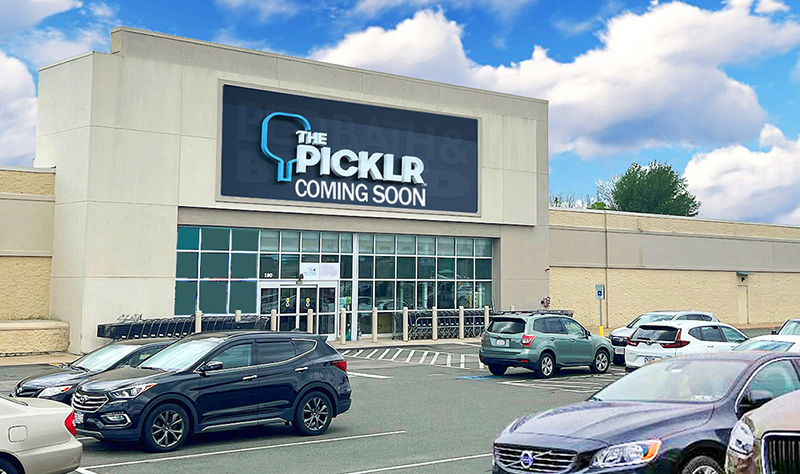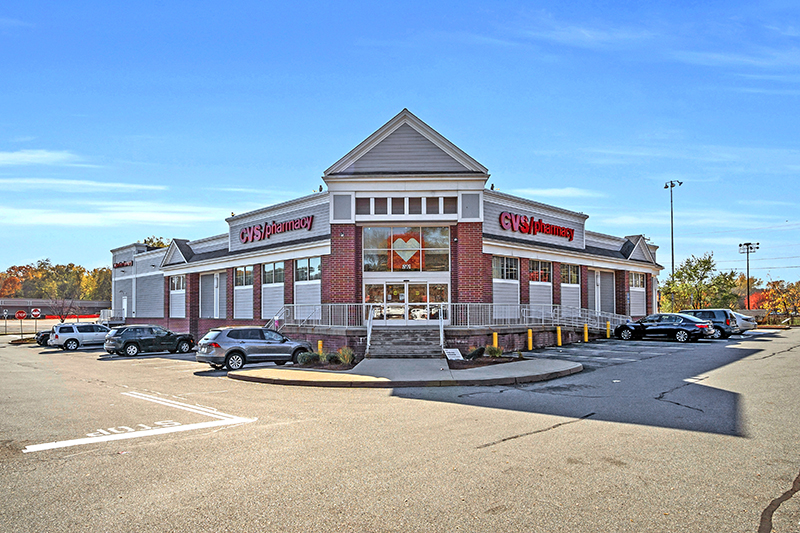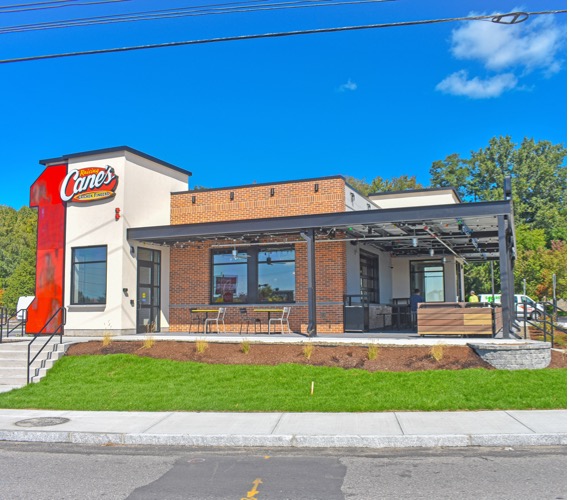News: Retail
Posted: January 23, 2014
Let's reinvent downtown: Adding new retailers to help the rebirth of Downtown Crossing
Downtowns, like shopping malls, are being reinvented and succeeding.
The trend in shopping malls is to turn them inside out, cut the place into blocks, add new lifestyle tenants, create sidewalks and parks, add cultural and entertainment venues, and sometimes residences and offices. Does this not sound like the old downtowns we knew before malls and the Internet? Maybe not exactly, but certainly the model resembles a downtown more than a 20th century shopping center.
The rebirth for downtowns is far more complicated and takes much longer, but it still is a national trend at some level. What is interesting is that San Francisco, San Diego, Seattle, and Portland, Oregon, do not need to be reborn; they still have functioning downtowns with a mix of department stores, specialty stores, restaurants, and nightspots that continue to be a destination. Boston was similar until the Downtown Crossing lost Filenes.
Now the big question: What should happen to our retail core, the Downtown Crossing? Limping along since the demise of Filenes, it is the impoverished sibling to the still strong Financial District, the reborn Theatre District, and the new darlings of upscale residential, educational, and technology development.
Downtown Crossing should be reborn to be that central place for all Bostonians, the "go to" place for residents, MBTA riders, visitors, office employees, and suburbanites looking for entertainment, a shopping day in the city, and just something different to do with their kids. And while the Downtown Crossing Association and the city are working in that direction, there still is a long way to go.
Many challenges still exist: the retailers are too few, the mix is limited, safety is still a problem, night venues close too early, public transportation stops too early to cover club revelers, and special events and promotions are not heard by enough people. The difficult paving, lack of public amenities, and general unifying elements that bring it all together and create a sense of place are in the works, but still need to materialize.
Why bother when we have the Back Bay, North and South End, and Seaport? Because they are either not affordable, diverse enough, nor as easily accessible for all as the Downtown Crossing.
We need the Downtown Crossing to be reborn with new retailers to enhance the current mix. Bringing a department store, such as Target or the great moderately priced Japanese clothing store Uniqlo would really help turn the tables. Both are destinations for all pockets and generations, something for everyone. Adding a Zara, Forever 21, Toys R Us, or Bed, Bath and Beyond would be welcome additions, attracting accessories and shoes. Then bookstores and cafes, like Pain Quotitien or Pret A Manger would follow.
Another retail scenario would be to develop a retail innovation center to support the founding and growth of independent retailers, local artisans, designers, galleries, and antiques stores.
Adding new retailers to the Downtown Crossing would be the beginning, but the people want an experience, and to deliver that the Downtown Crossing needs to be more like a shopping center replete with abundant highly promoted, cultural events and entertainment.
Such as, bringing all the food trucks together one night a week would work in combination with a Beer or Pub Crawl. Having temporary stages for outdoor bands, not just one stage, but five or six for one day /night/weekend of music monthly. Other cities have developed themes using the cultural heritage of their city. The new/old downtown in Las Vegas promotes a mobster museum with staff posing as mobsters and talking to people as they stroll around. Downtown Crossing might have a city of Boston Museum with staff acting as Ben Franklin, and some of our renowned writers, entertainers, sports, political, and scientific figures.
What is wrong with this vision? Naysayers will say the price is too high, who will pay the bill? Department and big name stores will not pay the rent, nor will the innovative, local artisans. There is not adequate parking, who will build a museum, where is there space to do any of this? But that is yesterdays thinking. With a new mayor and the energy he brings, the vision can become a reality.
Carol Todreas is a principal at Todreas Hanley Associates, Cambridge, Mass.
Tags:
Retail
MORE FROM Retail
Mace of KeyPoint Partners negotiates 36,192 s/f lease for The Picklr at Endicott Square
Danvers, MA KeyPoint Partners (KPP) negotiated a lease with the nation’s premier indoor pickleball venue The Picklr at Endicott Sq. Vice president of retail brokerage Don Mace negotiated the transaction on behalf of the landlord.





.jpg)


.png)